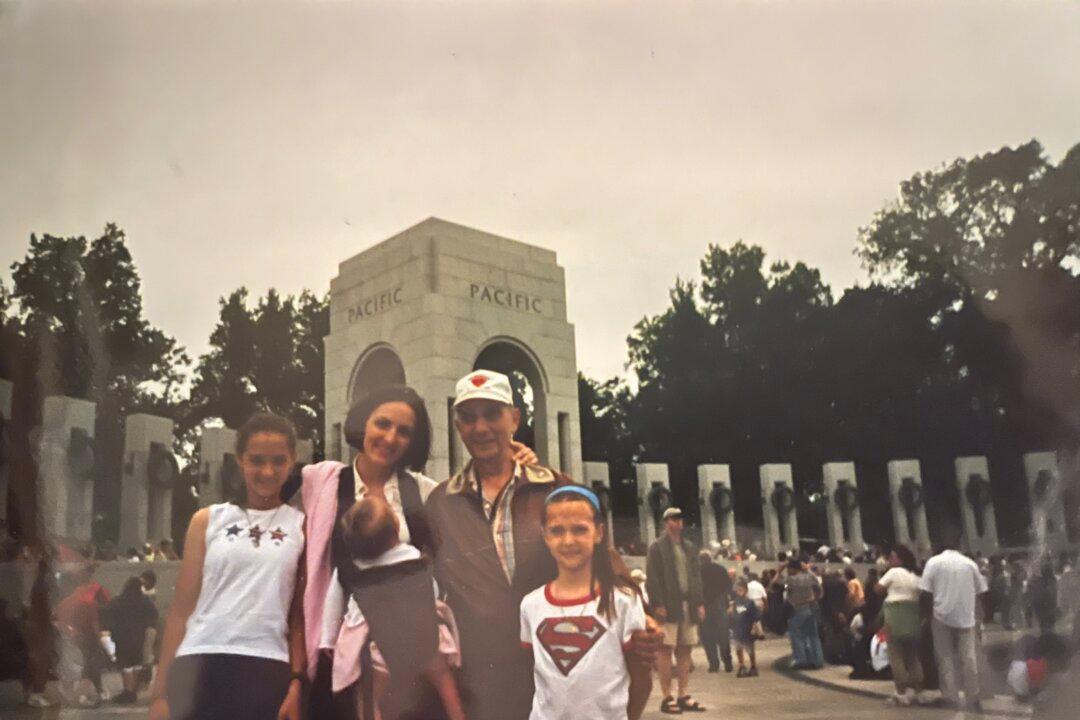My grandfather, Joseph Backfield, came from what we now call “The Greatest Generation.” It’s easy to look around at the world today and fall into despair at how far we’ve drifted from that generation’s self-sacrifice, heroism, and character, to feel powerless against the evils of totalitarianism and globalism that surround us. I even find relief that he and most of his generation are not alive now to see the state of our country. How have we gotten to this point? How do we fight it? There are many answers, but one I have found I learned from my grandfather: and that is understanding and living out true freedom.
My grandfather, being Jewish, was always known to us by the Yiddish form, Zeyde. His parents immigrated from Russia, and Ellis Island changed their surname from Barpel to Backfield. Zeyde grew up in Brooklyn and his childhood was passed during the Great Depression. Like many immigrants during this time, his father had to do what he could not only provide for his children but also to send what money possible to family still living in the Old World.


